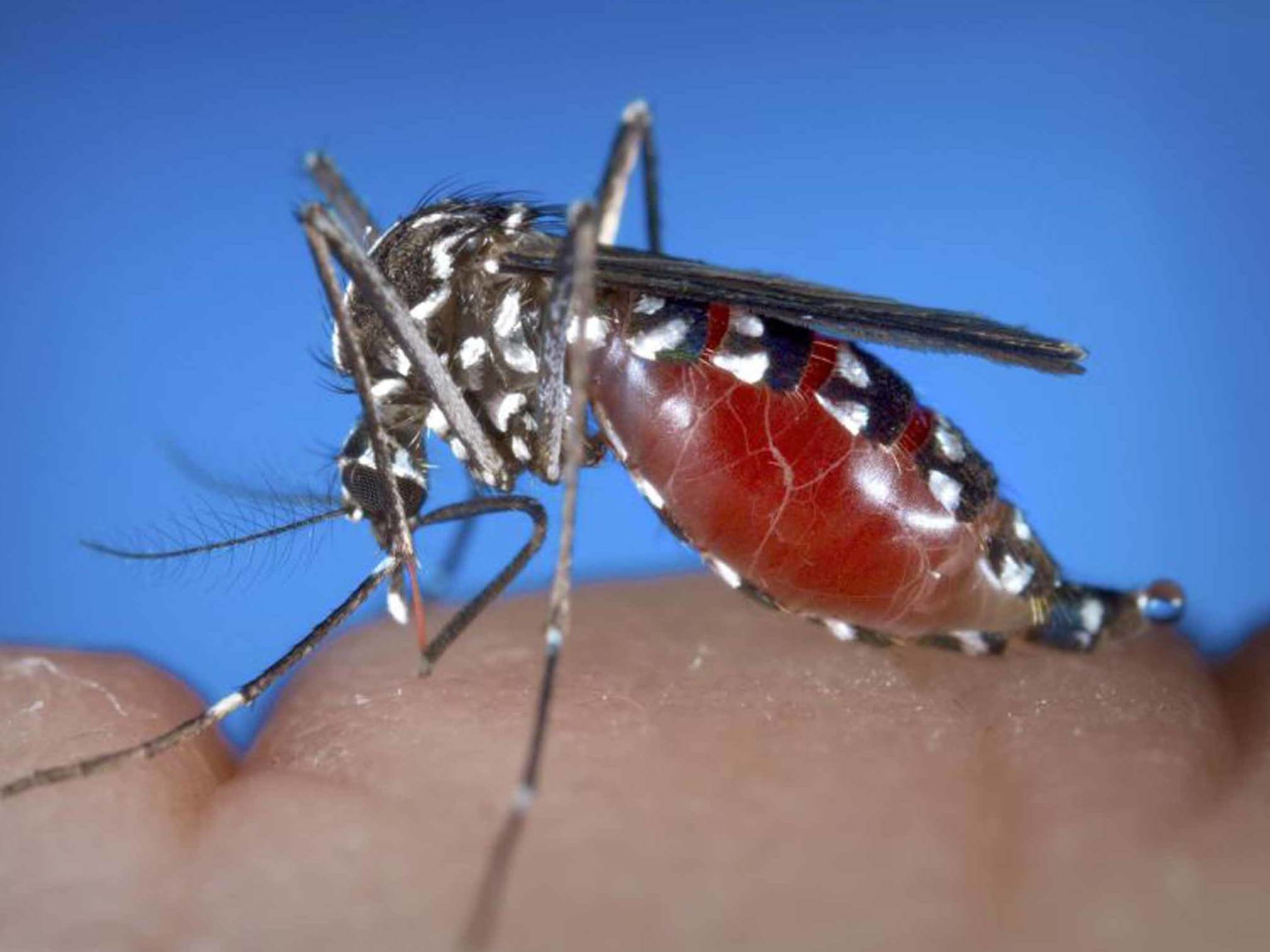Should I be concerned by reports of a virus in Barbados?

Your support helps us to tell the story
From reproductive rights to climate change to Big Tech, The Independent is on the ground when the story is developing. Whether it's investigating the financials of Elon Musk's pro-Trump PAC or producing our latest documentary, 'The A Word', which shines a light on the American women fighting for reproductive rights, we know how important it is to parse out the facts from the messaging.
At such a critical moment in US history, we need reporters on the ground. Your donation allows us to keep sending journalists to speak to both sides of the story.
The Independent is trusted by Americans across the entire political spectrum. And unlike many other quality news outlets, we choose not to lock Americans out of our reporting and analysis with paywalls. We believe quality journalism should be available to everyone, paid for by those who can afford it.
Your support makes all the difference.Q. We have booked to go to Barbados in January, but are concerned as to whether we should go after hearing chikungunya virus is prevalent there. Peter Brigg, Warrington
A. In the tropics, mosquitoes bear unpleasant and potentially lethal diseases. The latest to spread to the Americas is chikungunya virus, which is mostly found in South and Southeast Asia. It arrived in St Martin in the Caribbean last December, and has since spread to other islands, including Barbados. Check the spread here: bit.ly/ChikVirus.
After incubation, usually between three days and a week, symptoms include fever, headache, fatigue, nausea and joint pain. The NHS says that the illness usually resolves itself "within a few days" and that complications are "uncommon". The mosquitoes that carry chikungunya, Aedes aegypti, tend to bite during the day rather than when many other mosquitoes are active, at dawn and dusk.
There are no available vaccines, so it is crucial to avoid being bitten. The most effective way to do this is clothing: long-sleeved shirts and long trousers. Shoes and socks are useful, ideally with your trousers tucked attractively into your socks. You can improve protection by treating clothes with permethrin and covering exposed skin with insect repellent. Deet is the most effective in preventing mosquito bites, but alternatives include eucalyptus oil.
By January, the problem in Barbados and much of the Caribbean should dwindle, with the onset of drier, cooler weather. So continue with your plans, but be wary of mosquito bites – as you should be anywhere in the tropics.
Click here to view Caribbean tours and holidays, with Independent Holidays.
Join our commenting forum
Join thought-provoking conversations, follow other Independent readers and see their replies
Comments